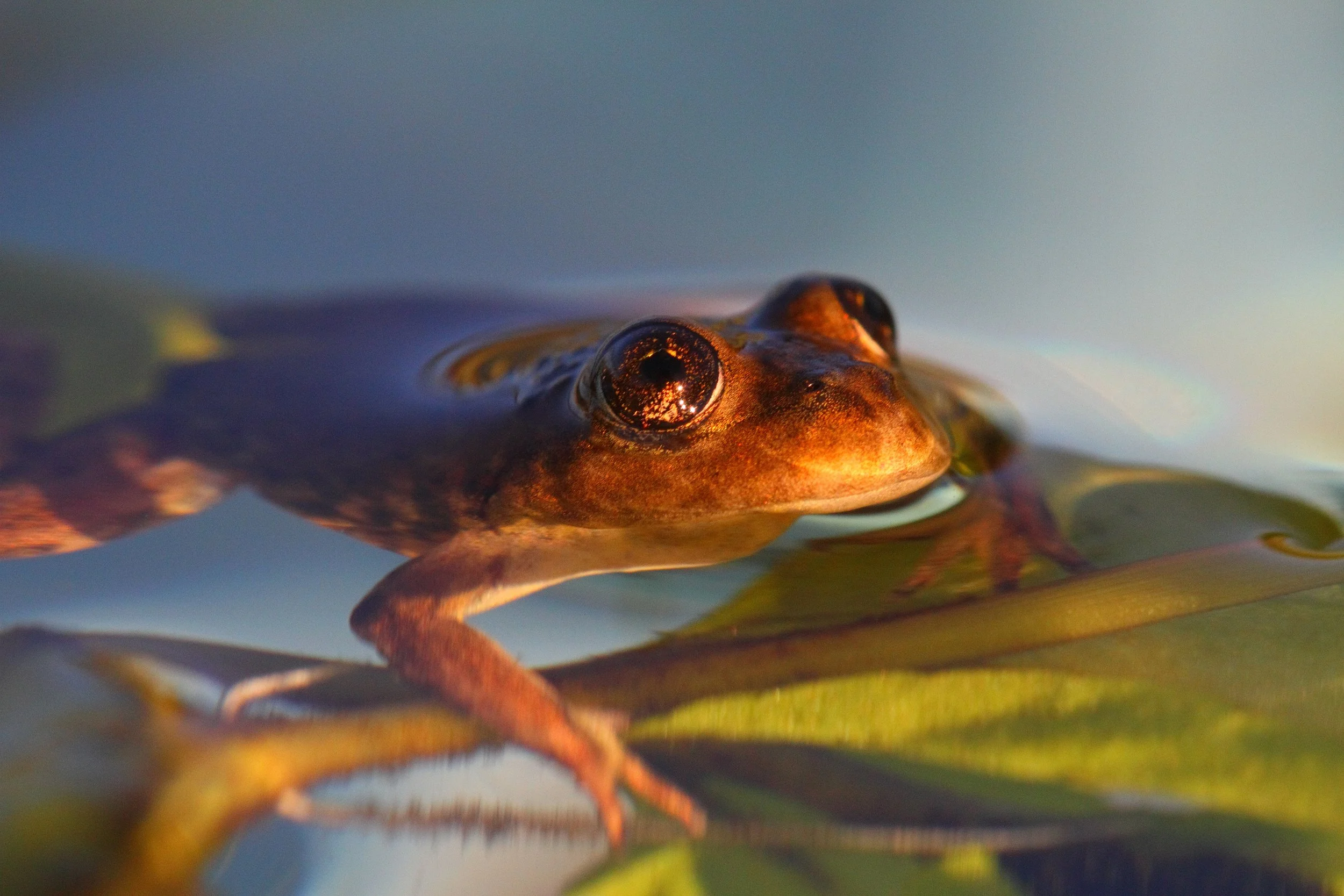Indonesia’s Rahayu Oktaviani Wins 2025 Whitley Award for Ensuring Continuous Canopy for Endangered Javan Gibbons
©Whitley Fund For Nature
Words by Whitley Fund For Nature
Covered by Lucy Jane Morris
IG: @conkernaturemagazine
IG: @lucymorriswild
First published 30th April at 8:00PM GMT
UK charity, the Whitley Fund for Nature (WFN), is recognising Brazil's Dr Yara Barros with a 2025 Whitley Award for her work to protect jaguars in Iguaçu National Park in the Atlantic Forest, where populations are growing and her team is teaching local communities how to co-exist with the apex predator.
“Protecting the gibbons is about more than just conservation; it’s about ensuring their song continues to echo for future generations”
As much as half of the species’ population is now concentrated in the 87,000 hectare Gunung Halimun Salak National Park (GHSNP), the largest remaining forest block on Java, where Rahayu, known as Ayu, works. The gibbons are vulnerable to forest fragmentation and habitat degradation as they rely on continuous canopy for movement and foraging.
Charity Patron, HRH The Princess Royal, will present the £50,000 Whitley Award on 30 April at the Royal Geographical Society. The event will be livestreamed to YouTube.
With her Whitley Award funding, Ayu will focus on five villages within the park which overlap with critical gibbon habitat to mitigate threats from human activities and to reduce the risk of habitat disturbance and fragmentation. The co-founder and director of KIARA, a conservation NGO, Ayu will work with these local communities in conservation as well as training rangers in the park in biodiversity monitoring techniques to guide conservation strategies.
More than 60 percent of Indonesia’s 281 million population lives in Java, where most of the original forest has been converted to agriculture, for urbanization, and infrastructure. Growing settlements around and within the park increase pressure on the park, which also encompasses 116 villages living within or near the boundary.
“A healthy forest not only benefits wildlife but also provides clean water, fresh air, and climate regulation, which ultimately supports human life.”
An endemic species found only in the forests of Java, the Javan Gibbon is now one of the most endangered primates in the world. Locally, it is known as “Uwek” and in folklore is believed to bring rain with its song. The primates communicate through vocalization with adult gibbons staying with their partners for more than 14 years.
Ayu’s community engagement includes the Ambu Halimun initiative, which involves 15 local women in ecoprint workshops and financial literacy training to manage household finances, which she says has empowered participants and created sustainable income streams.
Based in Citalahab, a small village enclave located in the centre of the sub-mountainous rainforest of Citalahab, Ayu employs eight community members as part of the field team from the region where local people make a living as laborers in tea plantations, growing rice or working in tourism.
With a decade of long-term monitoring of Javan gibbons in the Citalahab Forest within the park, Ayu has generated crucial insights into gibbon behaviour and habitat needs. Her team will strengthen the capacity of park authorities by developing a data management system to enhance park-wide conservation efforts. The park, which spans three districts, is home to Javan Hawk Eagles and Javan leopards, langurs and pangolins.
Education and outreach programmes will involve students and community members, foster awareness and pride in the Javan gibbon’s existence and its role in the ecosystem. The KIARA team will expand outreach to schools and local communities, engaging at least 300 students and 100 households.



































UK charity the Whitley Fund for Nature (WFN) is recognising seven outstanding conservationists with 2025 Whitley Awards and £400,000 ($529,000) in funding to sustain their work to revive wildlife species in Rwanda, Brazil, Colombia, Argentina, Nepal, Indonesia and Malaysia.
At a time when governments are cutting overseas aid, the funding will help to ensure a future for species and their broader ecosystems, including jaguars, Bornean elephants, brown spider monkeys, Javan gibbons, the El Rincón stream frog, Grey Crowned Cranes, as well as Yew trees and orchids.